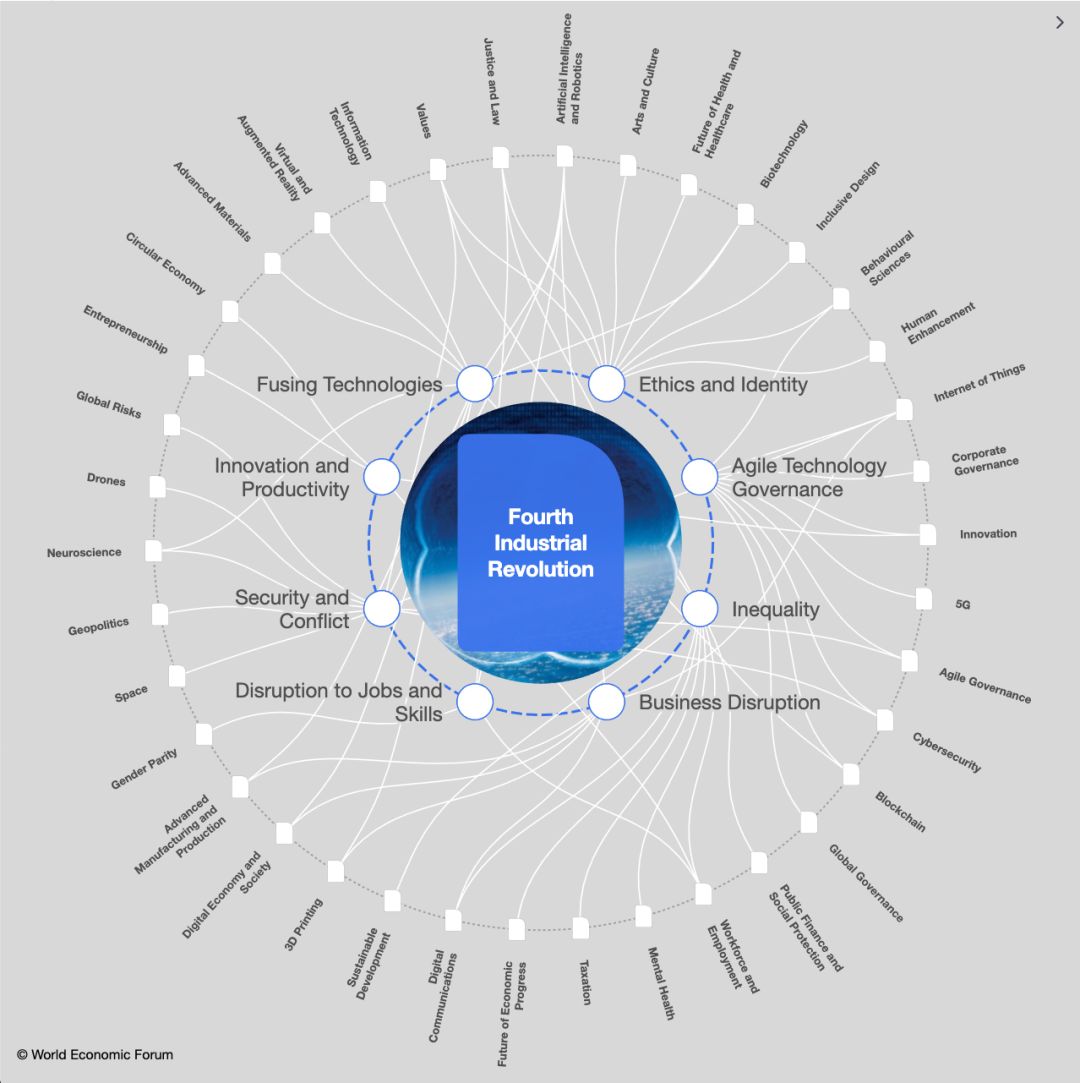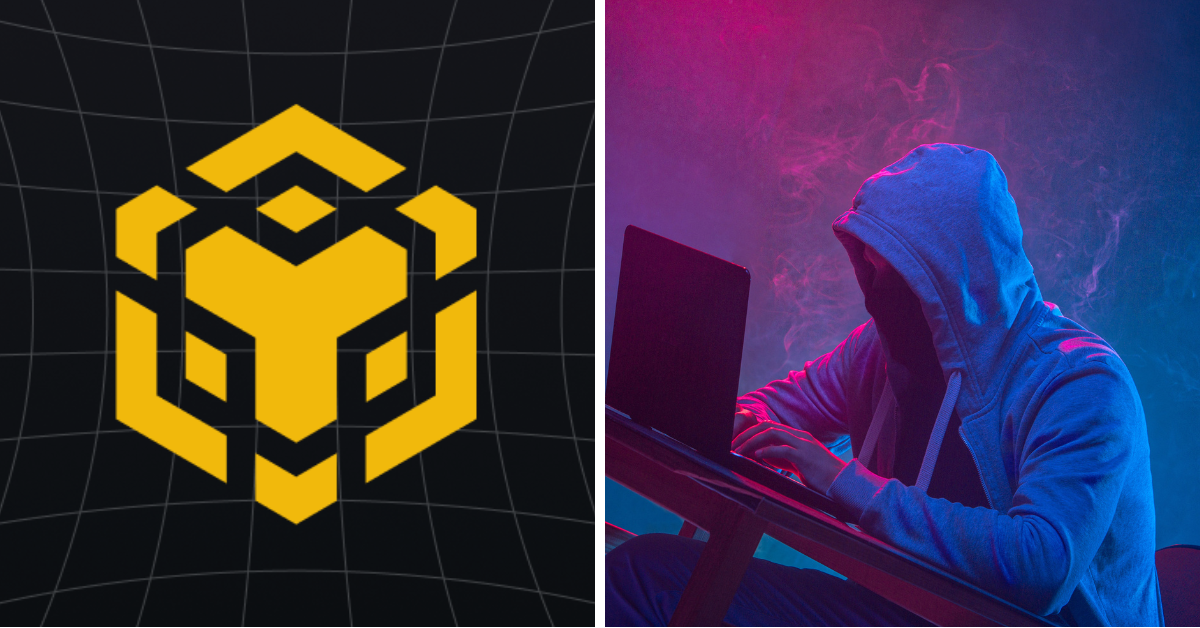Ten years of digital assets: Tokenization and Netscape moments in financial markets
Compilation: Share Finance Neo
Source: Shared Finance
Welcome to 2020-a decade of digital assets.
We are about to experience an unprecedented decade of financial transformation and wealth creation, fueled by powerful new technologies and regulatory reforms, which have been part of the federal securities law since the Great Depression of the 1930s as part of the "new deal" We have never seen it since its formulation.
- DeFi Eighty-One Difficulties: Starting from the App Store delisting dApp
- Objective data tells you who is the hardest core public chain in 2019?
- Blockchain ushers in a new cycle of industrial landing, the "chain for the chain" or the necessary stage
In the past decade, a brand new financial capital market has been conceived, designed, and ready to welcome investors around the world. The new market is a bold financial innovation whose architects are financial technology experts who stand on the shoulders of internet pioneers who created the free flow of information and mathematicians who invented cryptography. The foundation and structure of the new market have been beta-tested in the past few years, and we are about to set a migration date, around the 1920s.
The important feature is that in the next 10 years, all investors will be invited to benefit from this fintech innovation.
Why did it change
Most people believe that over the past century, our legacy financial markets and their stable regulatory framework have served us well. After the stock market crash of 1929, new securities issuance and trading rules in the 1930s provided the necessary investor protection for the investing public. These rules also create what we now call an "open market". We believe that "publicly traded" companies are mostly traded on exchanges, which is more liquid than what we used to call "private markets."
But now, after nearly a century of economic and technological development, the cyclical structural reforms of these markets have become old-fashioned. For various good reasons and in the spirit of investor protection, many “publics” have been restricted from participating in private markets in favor of qualified investors, straining the concentration of wealth and the relative inequality between public and private markets More visible and urgent.
Today, an innovative combination of technologies makes it possible for us to inject more liquidity into “private” markets and open up markets that we consider to be less liquid. We are embarking on a 10-year financial market transformation that will eliminate the traditional differences between "public" and "private" markets and create new wealth opportunities for all.
By 2030, the private capital market will go public again.
So, what are these new financial technologies? What are these regulatory reforms?
To understand the prospects for the next decade, let's take a quick look at the past decade and then look at how the new financial markets of the 20th century have been reshaped.
The Big Picture: The 21st Century Technology Revolution
The World Economic Forum recently announced that we are on the verge of the fourth industrial revolution, the dominant force of this industrial revolution is a series of technologies affecting various industries:

The fourth industrial revolution, the shape of the world economy
The uncertainty brought by all these technological changes is the new normal. Every industry realizes that "not if, but when" their business models will be disrupted by digitalization and automation. Today, investors are putting billions of dollars into artificial intelligence, which has changed the nature of work. Self-driving cars have already appeared, and autonomous driving will soon unlock tens of millions of driving hours. For these drivers, even Uber's gig economy will soon be disrupted.
Looking at the financial services industry, Fintech innovators originally introduced an algorithm called a "robot advisor" that automates our investment portfolio in the open market. With more and more data about us, algorithms are automating the role of investment financial advisors.
Although technological advances in healthcare are extending our lives, there is also a problem: more than 60% of the middle class are expected to live longer than their savings, and they need new wealth accumulation options. Now, in stark contrast, wealth is becoming more concentrated and real global concerns are emerging.
Leaving aside the argument of the basic income of the entire population, one thing has never been so clear: in order for the middle class to accumulate real wealth and capital appreciation, they must be owners of stocks, not just wage earners. Traditionally, investing in the public market has been an important way to accumulate wealth, but the problem is that the open market performs worse than the private market.
Innovative wealth-accumulating companies remain private longer, sending a signal that "the public market has peaked":
According to Dealogic data, despite the global stock market soaring this year, the number of new shares issued has dropped by one-fifth to only 1,237, the lowest level in three years. These companies raised a total of US $ 188.8 billion, a 10% decrease from 2018 and the lowest level in three years. -Financial Times December 29, 2019
Thought leaders in technology investment are also aware of the problems facing the middle class, which depends on the open market:
"The technology industry is where wealth is generated and diffused, but more and more Wall Street financiers come to Silicon Valley to invest before they come to Wall Street. When a company goes public, you can almost bet on anyone, anyone Those with appetite, anyone with ability, will take a bite. So if you buy the stock of a listed technology company, you are actually ranked last. Not that you ca n’t make money, but because of this fruit It has been picked many, many times. "
In our traditional jargon, the "private market" is not yet open enough for the middle class, but this may change soon.
25 years ago : " Netscape Moment" gave birth to the Internet of Information
Remember 1995? In 2020, we will celebrate the "netscape moment" of the Internet for the past quarter century. At the time, Marc Andreesen's new browser company went public, unleashing the power of HTML and democratizing information distribution and sharing globally.
Netscape always makes information accessible to everyone through the Internet.
With the popularity of the Internet, web applications such as Salesforce, Amazon, and eBay have begun to become popular as cloud applications. In 2008, Apple tied the Internet to mobile devices, providing a programmable platform for mobile applications, further accelerating the development of cloud applications. Browsers, the Internet, and mobility have spawned a new generation of disruptive market business models that we call Facebook, Twitter, LinkedIn, Airbnb, and Uber. The data from 2000 to 2019 became the new oil, and it turns out that bigtech's effective use of this data has concentrated most of the power of the Internet.
2010 : Cryptocurrencies and programmable digital currencies
Coincidentally, after the financial crisis of 2008, Fintech experienced an earthquake in 2010 because blockchain and distributed ledger technology changed our view of money and capital. Just 10 years ago, the world became interested in Bitcoin, a new concept of digital currency that we now call cryptocurrency. Bitcoin has quickly become the prototype of global financial assets, and users do not need to directly perform peer-to-peer, wallet-to-wallet transfers through financial institutions.
Bitcoin's vision is simply summarized as:
"Pure person-to-person e-cash will allow online payments to be sent directly from one party to another without going through a financial institution. Digital signatures provide some solutions, but if a trusted third party is still needed to prevent double spending, then the main The benefits are lost. We have come up with a solution to the problem of double consumption using a peer-to-peer network. "
As a result, Bitcoin-the first cryptocurrency created using secure mathematical algorithms-is called a "programmable currency." What started as a global social and monetary experiment turned into a speculative investment bubble in early 2018, but it started to burst before changing the world's view of the nature of "currency".
Before we shift our attention from currency to investing money as capital in financial securities and accumulating wealth, it is important to realize that most central banks, including the International Monetary Fund, are seriously exploring themselves Version of the cryptocurrency, the so-called central bank digital currency. There are still many obstacles, the most important of which is the impact we know on retail banking. In 2019, Facebook and the world's largest association of fintech companies introduced the Libra Association, and the digital currency that many believe will change the rules of the global game-Libra. In 2019, the government realized that if non-state actors were able to issue currency-like cryptocurrencies, it could have immense power. Therefore, in the future, leaders in various countries may further strengthen supervision.
Recently, China announced its intention to issue its own digital currency ("What is China's digital currency plan?" There is no doubt that China is already moving towards a cashless society, with Alipay or WeChat connected to bank accounts, but this digital currency is easy Integrated into these applications within ten years.
In the field of cryptocurrencies, and the ongoing battle to become the world's reserve currency, things have certainly not been resolved, but in the 1920s, "saying goodbye to the banking industry as we know it" was fair.
Tokenization: Netscape moment of investment
In 2020, the time for Netscape's financing and investment has arrived:
2020 outlook : decentralized finance is maturing
"Pure p2p financial markets will allow one party to trade securities directly with the other without going through a stock exchange."
in conclusion
We will continue to update Blocking; if you have any questions or suggestions, please contact us!
Was this article helpful?
93 out of 132 found this helpful
Related articles
- Getting on the blockchain? Not much to do
- SheKnows year-end ultimate debate | 2020, the year when the public chain supervision will break?
- On Decentralized Liquidity Mechanism: Taking Uniswap, Bancor, etc. as Examples
- Opinion | Central bank digital currency and other digital currencies, both temporarily or little impact
- 2019 DeFi Industry Research Report: DeFi lending continues to grow and expand in 2020, and stablecoins will continue to grow
- Technical Interpretation | On-chain Capacity Expansion Technology Guide (1): Data Layer and Network Layer
- Research Report | Analysis Report on Quantum Mechanics and Blockchain Security Technology






